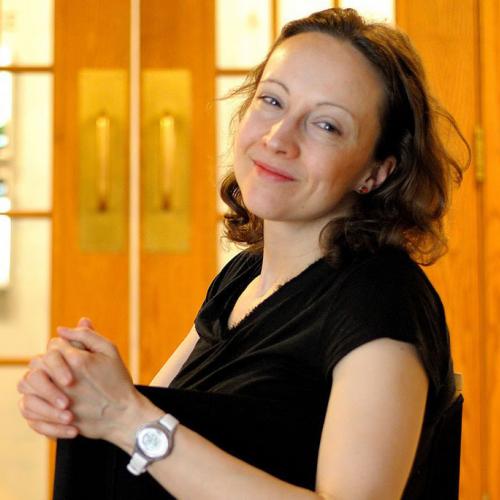Associate Professor and PhD Program Director Jana Diesner will serve as a keynote speaker for the fifth annual Historical Network Research Conference (HNR 2018), which will be held from September 11-13 in Brno, the Czech Republic. The conference brings together historians, social scientists, and computer scientists to foster awareness of the possibilities of network research and create opportunities for sharing cross- and multidisciplinary approaches to the networked past.
Diesner will give the keynote, "Bias Detection and Theory Validation in Social Network Analysis," in which she will address the question of how limitations with the provenance and quality of network data and human choices about measurement influence the results and implications of social network analysis.
"In my talk, I will show the impact of commonly used techniques for name disambiguation on the properties and dynamics of networks, demonstrate measurement-induced biases in our understanding of triadic closure, and discuss the impact of these findings on our assumptions about social interactions," Diesner said. "I will also present my research group's results from using standard methods for constructing semantic networks based on text data, compare common approaches with respect to their accuracy, and assess the suitability of off-the-shelf techniques for semantic network construction."
Diesner's research in human-centered data science and social computing combines methods from network science, natural language processing, and machine learning with theories from the social sciences, humanities, and linguistics to advance knowledge and discovery about interaction-based and information-based systems. Recent recognition for her research expertise includes a Linowes Fellowship from the Cline Center for Advanced Social Research at Illinois (2018), a R.C. Evans Data Analytics Fellowship from the Deloitte Foundation Center for Business Analytics at Illinois (2018), and an appointment as the CIO Scholar for Information Research & Technology at Illinois (2018). Diesner has published more than 55 referred articles. She received her PhD from Carnegie Mellon University's School of Computer Science (2012).
